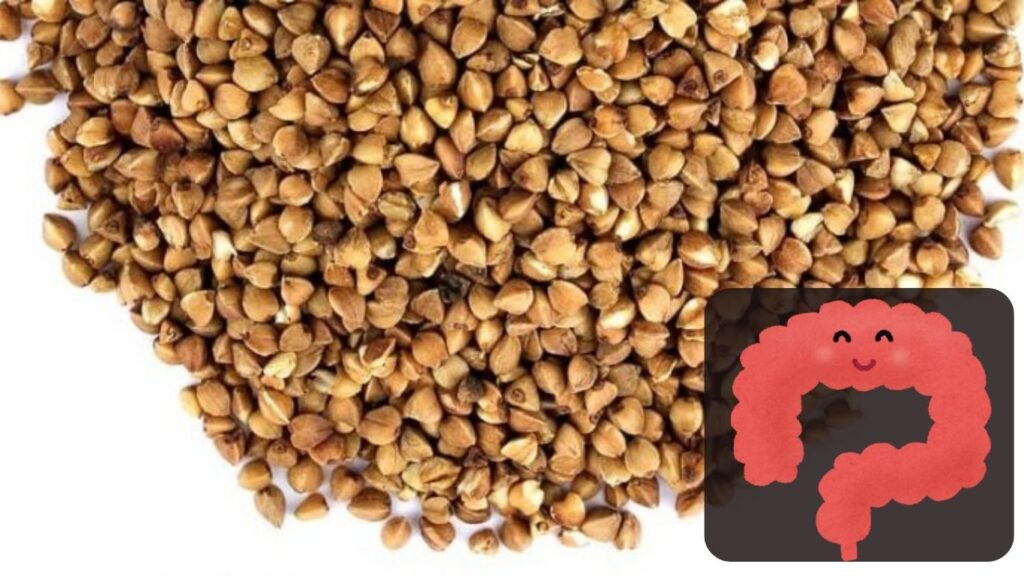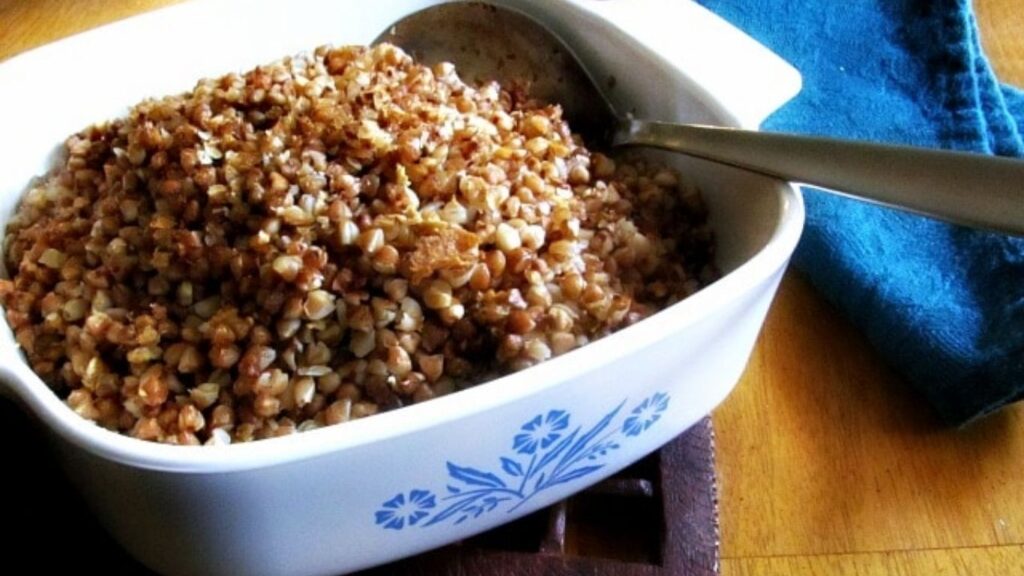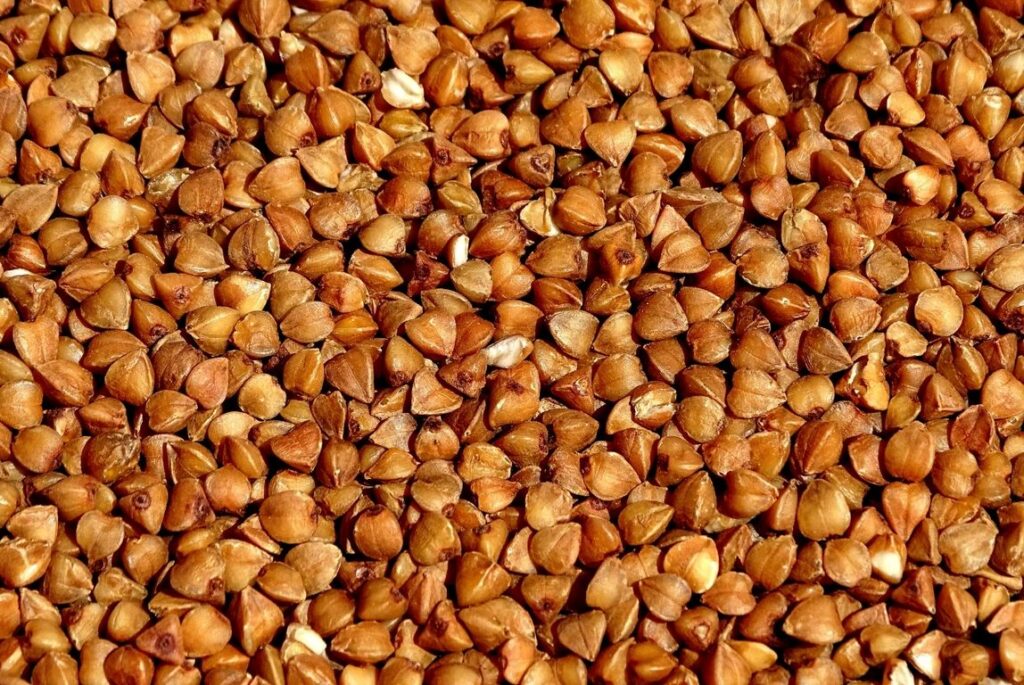In the pursuit of healthier eating habits and nutrient-dense foods, buckwheat has gained recognition as a superfood. Contrary to its name, buckwheat is unrelated to wheat and is inherently gluten-free. This adaptable seed, originating from the Fagopyrum genus, has been a staple in various global cuisines for centuries. Buckwheat boasts a rich nutritional profile, including high-quality protein, fiber, and essential antioxidants, which contribute to its numerous health benefits. Its versatility and nutrient content make buckwheat an excellent addition to contemporary diets, supporting heart health, blood sugar regulation, and overall wellness.
Buckwheat: A Superfood for Modern Diets
Nutritional Powerhouse
High-Quality Protein
Buckwheat is a complete protein source, meaning it contains all nine essential amino acids that the human body cannot produce on its own. A single cup of cooked buckwheat provides around 6 grams of protein, comparable to the protein content in one large egg. This makes it an ideal choice for vegetarians, vegans, and anyone looking to boost their protein intake without relying on animal products.
Rich in Fiber

Buckwheat is an excellent source of dietary fiber, essential for maintaining digestive health. It contains both soluble and insoluble fiber, promoting regular bowel movements and acting as a prebiotic to support the growth of beneficial gut bacteria. Additionally, buckwheat’s low FODMAP content makes it suitable for individuals with digestive disorders like IBS.
Packed with Polyphenols
Himalayan Tartary buckwheat, a specific variety of buckwheat, is particularly rich in polyphenols such as rutin, quercetin, luteolin, and hesperidin. These compounds have potent antioxidant properties that help neutralize free radicals in the body, reducing oxidative stress and potentially lowering the risk of chronic diseases like heart disease and cancer.
Health Benefits
Blood Sugar Regulation
Buckwheat has a low glycemic index, meaning it causes a slower, more gradual rise in blood sugar levels compared to refined grains. This makes it an excellent food choice for people with diabetes or those looking to maintain stable energy levels. The presence of a unique carbohydrate, D-chiro-inositol, in buckwheat further aids in regulating blood sugar levels.
Heart Health

The high levels of rutin in buckwheat contribute significantly to cardiovascular health. Rutin helps strengthen capillaries, reduce blood pressure, and improve blood circulation. These effects can collectively reduce the risk of heart disease and stroke.
Anti-Inflammatory Properties
Chronic inflammation is a root cause of many diseases, including arthritis, diabetes, and certain cancers. The polyphenols in buckwheat, particularly rutin and quercetin, have anti-inflammatory properties that help modulate the body’s inflammatory response. This can reduce the risk of inflammation-related diseases and alleviate symptoms for those already affected.
Immune System Support
Buckwheat is rich in essential vitamins and minerals like magnesium, zinc, and selenium, which play crucial roles in maintaining a robust immune system. The polyphenols in buckwheat also help balance immune function, making it an excellent food for supporting overall immunity.
Environmental Benefits
Soil Health
Buckwheat is not only good for human health but also beneficial for the environment. As a cover crop, buckwheat helps improve soil health by replenishing organic matter and enhancing soil structure. Its robust root system prevents soil erosion and promotes the growth of diverse plant and microbial communities.
Biodiversity
By supporting soil health, buckwheat cultivation contributes to greater biodiversity in agricultural ecosystems. This is crucial for maintaining balanced ecosystems and reducing the prevalence of aggressive species that can disrupt the natural harmony.
Culinary Uses

Buckwheat’s versatility in the kitchen is another reason for its growing popularity. It can be used in various forms, including whole groats, flour, and noodles. Here are some popular ways to incorporate buckwheat into your diet:
Breakfast Dishes
Start your day with nutritious buckwheat pancakes or porridge. Buckwheat pancakes are a staple in many cultures, offering a gluten-free alternative to traditional pancakes. Buckwheat porridge, often referred to as kasha, is a hearty and filling breakfast option that can be topped with fruits, nuts, and seeds for added nutrition.
Savory Meals
Buckwheat can be used in savory dishes such as Japanese soba noodles, which are made from buckwheat flour and are a staple in Japanese cuisine. Buckwheat groats can also be added to soups and stews, providing a nutty flavor and a boost of nutrition.
Baking
Buckwheat flour is an excellent gluten-free alternative for baking. It can be used to make bread, muffins, and cookies, adding a unique flavor and dense texture to baked goods. Experimenting with buckwheat flour in your recipes can lead to delightful culinary discoveries.

Conclusion
Buckwheat’s impressive nutritional profile and numerous health benefits make it a superfood worth incorporating into modern diets. Whether you are looking to boost your protein intake, improve heart health, or support your immune system, buckwheat offers a versatile and delicious solution. Additionally, its positive impact on the environment makes it a sustainable choice for conscientious consumers. Embrace the power of buckwheat and enjoy the myriad of benefits this ancient seed has to offer.
Also read: What is Vitamin B Complex and How It Fuels Your Body ?
